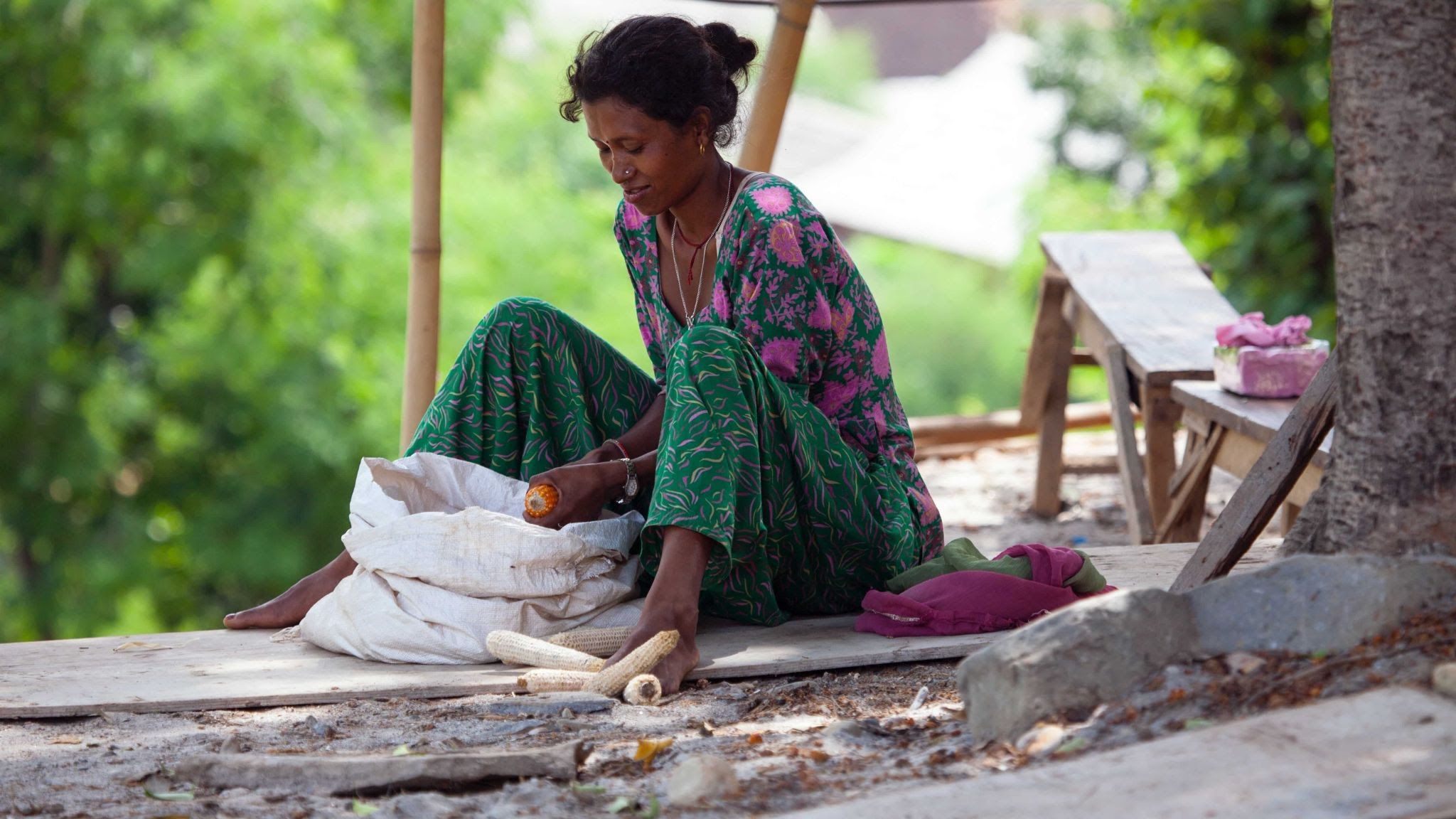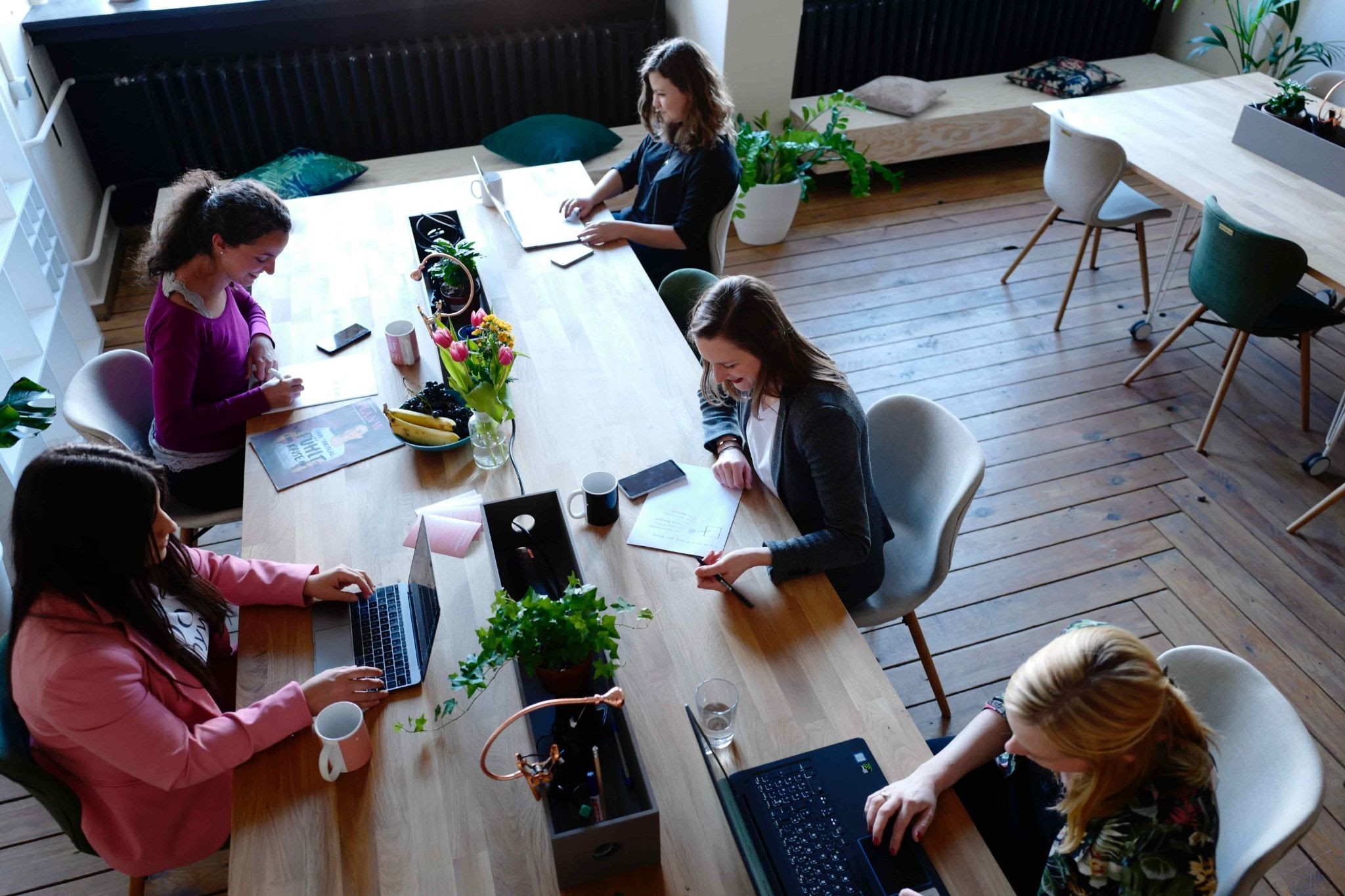The covid 19s effect on women's jobs has hit every section of the population hard. The normal functioning of society was brought to an abrupt end and new measures had to be taken for adapting to the new reality. The lines between communication and isolation became blurrier with each day. Because even though we managed to find technological equivalents of meeting each other, we somehow felt even more alone.
We cannot compare the nature of this grief. However, certain communities were put through especially difficult circumstances during COVID-19. This includes immunocompromised individuals, marginalized castes, families below the poverty line, non-cis-male genders, and other oppressed sections of society.
Amongst these, women had to bear the brunt of the gendered impact of the pandemic. They had to navigate a changed professional life, while also dealing with extra household chores and other caregiving activities. Their mobility of moving through outer patriarchal structures was even more limited. Most importantly, Covid-19 locked out women from jobs and the effects of this will be felt even in the post-pandemic economy.
Coronavirus’ Impact on Women’s Jobs
Even before the pandemic, women did not enjoy the same employment rates as men. There were much fewer women in the workforce as compared to their male counterparts. For example, in India, only 20% of the workforce was made up of women, in 2019. Plus, even within these low numbers, there was a gender pay gap, and women were not sufficiently compensated for their labor.
These numbers took a toll due to the pandemic. At the beginning of 2020, both men and women were unemployed in great numbers. But a large number of men were re-employed by the end of the year, while more women were still unemployed. Industries like hospitality, food service, entertainment, domestic work, and retail are where a lot of the female workforce is focused. These industries took most of the damage due to the changing conditions and women’s employment was further compromised.
Also, women who run small businesses or those who are self-employed found it even more difficult to maintain finances. On top of all this, the already existing gender pay gap will likely widen even more post-pandemic. Thus, when Covid-19 locked out women from jobs, it made it more difficult for them to be re-employed and resume their professional lives.
Balancing Domestic and Professional
Coronavirus’ impact on women is not just limited to their professional lives, but also their personal spaces. In families, even if men and women might both work-from-home, the domestic chores are more likely to be the responsibility of women. Women are always expected to multitask, juggling both office and household. This makes it even more difficult for women to focus on their professional obligations.
 Professional
Professional Additionally, the pandemic left many people sick and vulnerable. In a home, the caregiving roles are also occupied by female members. They must look after their spouses, their children, their in-laws, and other relatives. If any of these people have contracted Covid-19, then the caregiving women are put at more of a risk of contracting it. However, women don’t even get acknowledged for these efforts, let alone be compensated.
Even from a professional lens, the majority of healthcare workers worldwide are women. This means they face the reality of the pandemic every day and are even more vulnerable. Yet, they do not enjoy the same privileges and salaries as their male counterparts. It is clear that the caregiving efforts of women are largely ignored.
Also, the pandemic left many women in unsafe households. The rates of domestic violence and abuse increased. But this time, due to the lockdown, women had to spend the most time with their abusers, with even less of a chance to escape their situations. Women belonging to the LGBTQ+ community also had to live with families that didn’t accept them. The stress of hiding such significant parts of their identity for their safety is unimaginable.
Such experiences leave a huge mark on women’s mental health and trauma will outlast this pandemic, making it even more difficult to resume life after it. Thus, Covid-19’s effect on women’s jobs and personal lives resulted in them not having access to a space of their own both professionally and personally.
View from An Intersectional Lens
 An Intersectional Lens
An Intersectional LensEven with the female perspective of the pandemic, there are layers. We must acknowledge the intersection of caste and class with gender. The pandemic looks very different for those women working in the informal job sector, who are usually from marginalized caste and class backgrounds. They don’t have access to proper resources, benefits, social security, and backup incomes, which makes it even more difficult to survive through pandemic conditions.
Covid-19 locked out women from jobs in these undermined, invisibilized sectors. The rules in place did not make room for their needs. Domestic workers suffered a great loss in finances as they were not allowed to work at their employer’s houses. Women who received daily wages no longer had the means to provide for themselves and their families. They also had no means of self-isolating, since not many have access to secure homes and even if they do, they are shared between many members.
A large number of women also work in dangerous occupations such as sanitation, front-line health care, construction, etc. In India, around 95 to 98% of manual scavengers are women. Not only are these women more vulnerable to health conditions, especially in the pandemic, but they also don’t receive any protection or insurance for the same.
Female farmers are also experiencing food insecurity. Around 75% of the full -time working rural female population works in the agricultural sector. These women not only tend to the crops but also look after their households and families. Yet, there have been no extra measures taken for their protection in these new limiting conditions of the pandemic socio-economy.
All these women are treated as invisible. People sitting comfortably in their city apartments don’t want to think about who grows the food on their table or who deals with their garbage. Class and caste-based prejudice has also increased greatly, as people demonize the pleas of those who don’t share the same privileges as them. Saying that a simple instruction of “staying at home” can be the universally applicable solution for this pandemic crisis is not only ignorant but also downright cruel.
Relieving the Gendered Impact of the Pandemic
 Impact of the Pandemic
Impact of the Pandemic If we continue down this road, many women will not work after Covid-19. This will not only negatively impact their livelihoods, but also our economy in general. Hence, it is important to start establishing measures to support women’s economic and social stability. To resolve the gendered impact of the pandemic, we must apply gendered approaches and solutions. The same plan cannot be drawn for unemployed men and women because the two did not begin at the same position.
Women’s jobs were already compromised. Saying that just Covid-19 locked out women from jobs would be a lie. Covid-19 only exposed the already unsteady and unfair structures within our society. It is important to approach this from a nuanced lens. The problems of different sections of women must be considered, such as rural women, urban women, LGBTQ+ women, etc.
Women from informal sectors must be accounted for in the statistics and their suggestions towards a plan for them must be considered. Health care workers must be given enough salary, benefits, and security. We can also create safehouses and living arrangements for women leaving abusive households while ascertaining secure relocation. Mental health services must also be made more accessible and acceptable. Above all, financial aid and other alternative means of earning income must be created for those women who have lost their daily jobs
Eliminating Discrimination within your Community
Ultimately, we must work on being more aware of the troubles of those that have lived through experiences unknown to us. As we validate our own grief, we must try and reflect on how we might contribute towards the grief of others.
We must work on breaking the prejudices in our own minds and the discriminatory patterns in our own homes and communities, be it gender-related or anything else. To tackle such a great issue, we must start with ourselves and grow towards being kinder people.
Also Read: Work Is Worship - The Situation Of COVID-19

